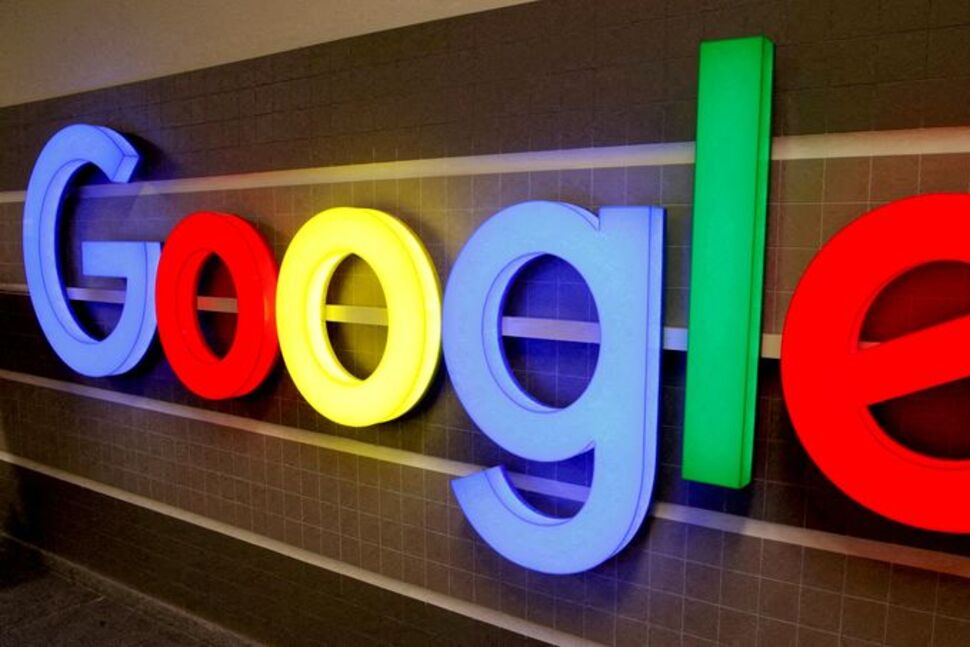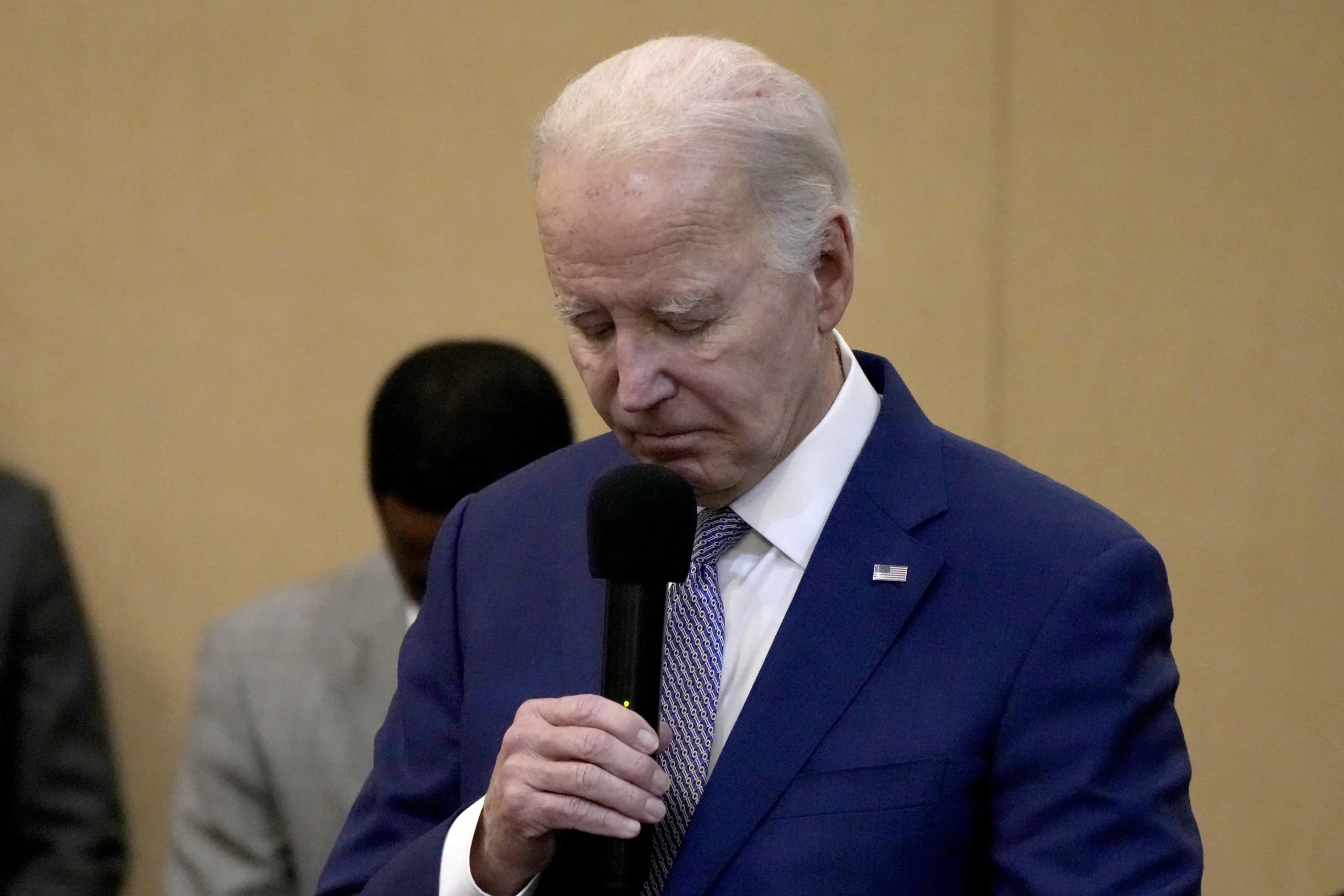Donald Trump’s historical disconnect with the Black community hasn’t deterred him from pursuing an unexpected demographic in his bid for a third presidential term. Despite facing accusations of racist practices throughout his career, Trump is actively targeting Black voters, asserting increased enthusiasm for his candidacy during recent rallies.
“Have you seen our poll numbers with African Americans and with Hispanic Americans? But I’m not that surprised because I see it, I feel it,” Trump declared during a rally in Atkinson, New Hampshire, days before the state’s primary. “We did great in 2016, we did much better in 2020 but there is much more enthusiasm now.”
There’s scant evidence of significant inroads among Black voters for Trump, with polls indicating that Black voters overwhelmingly support President Joe Biden. However, even slight shifts in voting patterns in crucial states could impact the race.
For Biden, the primary concern is not a substantial migration of Black voters to Trump, but rather the risk that these voters, frustrated by various issues, may not show up to vote at all. In closely contested states like Georgia, Pennsylvania, and Michigan, minor changes in turnout could influence the election outcome.
A December AP-NORC poll indicated that only 50% of Black adults nationally approve of Biden, down from 86% in July 2021. While this decline is more significant than among adults overall and white adults, only 25% of Black adults expressed a favorable view of Trump.
Trump’s campaign advisers assert that they aim to leverage these shifts to prompt a political realignment, potentially challenging the Democratic Party’s longstanding advantage with Black voters.
“We are creating a massive problem for the Democratic Party’s base that … could be altering for a generation,” said Chris LaCivita, a senior adviser on the Trump campaign. “That’s just an opportunity that we would be remiss if we didn’t exploit.”
Cornell Belcher, a Democratic pollster, acknowledged the challenges faced by Obama in 2012, where young voters and voters of color expressed frustration with the slow pace of progress on key goals.
“I’m not surprised that Joe Biden right now starts off underperforming among young voters and voters of color. I’d be surprised if he didn’t. But that’s what campaigns are for,” Belcher said.
While Trump is intensifying efforts to present a more diverse group of supporters, he continues to face criticism for inflammatory rhetoric and racially charged remarks. Despite this, he often highlights endorsements from Black celebrities, positioning them as evidence of his appeal to the Black community.
As Trump approaches a potential rematch against Biden, diversifying his support base and appealing beyond the overwhelmingly white Republican base becomes a priority. Sen. Tim Scott, the only Black Republican in the Senate, has emerged as a prominent surrogate for Trump, and his selection as a vice-presidential running mate is among the considerations.
Biden and Democrats are not relinquishing their efforts to secure Black voter support. Biden launched his reelection bid at Mother Emanuel AME Church in Charleston, South Carolina, where a tragic shooting occurred in 2015.
Both parties are refining strategies to engage Black voters. The Republican National Committee has established outreach centers in minority areas since 2013, with plans to add two more in 2024. The Biden campaign, in contrast to previous Democratic approaches, has invested early in engaging core constituencies, including Black voters, with significant outreach and investments in African American media in key swing states.
DNC chair Jaime Harrison dismissed Republican efforts, accusing them of promoting “fairy tales about their plan to win over Black voters.” He emphasized the commitment of Biden and Vice President Kamala Harris to securing every vote, recognizing the high stakes of the election.










































